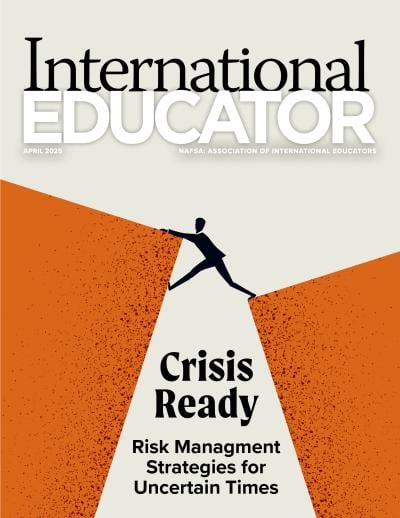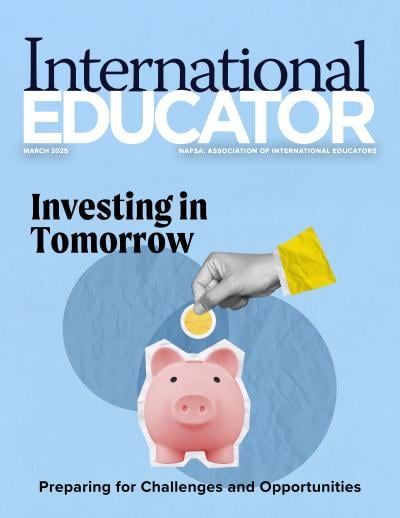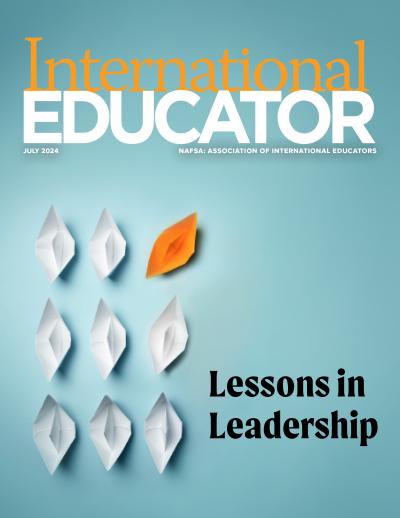Lifelong Learning
As powerful forces of economics, demographics, and technology converge, higher education institutions across the globe face a moment of peril, promise, and paradox. Graduates’ return on investment for a university degree remains high almost everywhere, but public funding for higher education is under stress in many countries. Stagnant or falling birth rates may reduce enrollments in the years ahead.
Yet more people need more education— for more of their lives—than ever. Rising life expectancy means that graduates will live, and perhaps work, for many decades, but the life cycle of knowledge is shorter. Will higher education be victim or victorious?
The outcome depends on whether institutions of higher education adapt to help more people than ever realize the promise of learning—and to do so across their lifetimes. Institutions must focus on learning as their true measure of success. How have they enhanced people’s knowledge, capabilities, and judgment? Institutions must pierce the veil dividing learning from working so that individuals can work and learn throughout their lifetimes. And institutions must work to identify and deliver on the talent development needs of employers, establishing colleges and universities as the premier engines of delivering talent in a world where human capital will be the basis of competition.
With changes in business models and technology making old job skills superfluous and generating demand for a plethora of new skills, the world needs more higher education, not less. When lifelong opportunity requires lifelong learning, the ingrained practices and assumptions that restrict access to higher education











